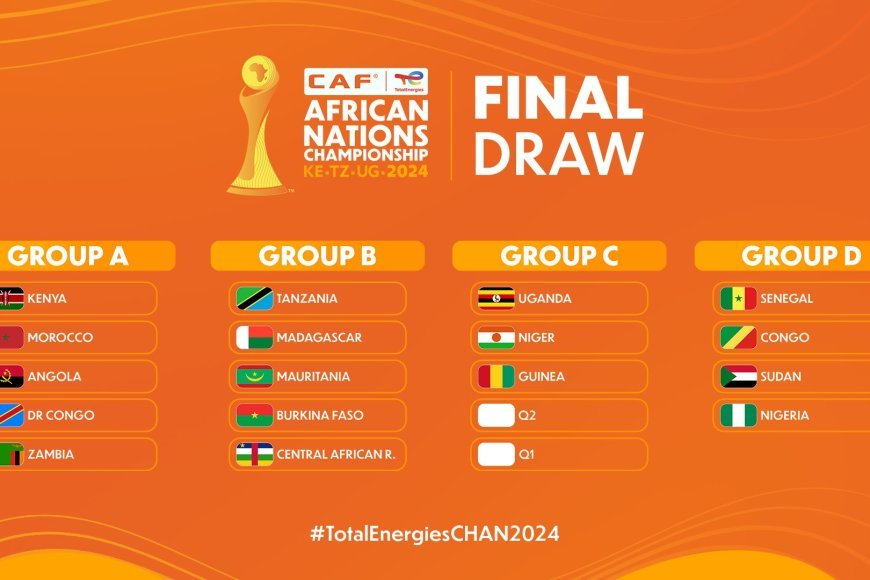The Science Behind Why We Love Video Games
Jul 23, 2025
Video games are no longer just a childhood pastime. They have evolved into complex, emotionally engaging, and socially immersive experiences. But have you ever wondered why so many people are drawn to them? The answer lies in science. From neurological responses to psychological needs, video games tap into the core of how our brains are wired. This article explores the compelling reasons behind our love for video games, separating fact from fiction, and revealing the deep-rooted scientific mechanisms that make gaming irresistible.
Dopamine and the Reward System
At the heart of our love for video games is the brain’s reward system. When we achieve something in a game—leveling up, defeating a boss, or solving a puzzle—the brain releases dopamine, the “feel-good” neurotransmitter. This chemical surge reinforces behaviors that lead to positive outcomes, making us want to repeat the experience.
Dopamine is the same neurotransmitter involved in activities like eating delicious food or accomplishing a personal goal. In gaming, even small wins can release this chemical, creating a loop of motivation and reward that keeps players engaged for hours. The brain starts to associate gaming with pleasure and accomplishment, which can explain the addictive quality of some games.
This built-in system of reward helps explain why even challenging games are enjoyable. The anticipation of success and the satisfaction of achievement combine to produce a sense of joy that’s difficult to replicate elsewhere.
· Games are designed with clear, incremental goals
· Feedback is immediate, increasing the dopamine effect
· Achievements and milestones provide continuous reinforcement
· Frequent rewards sustain motivation and focus
· Even failure in games provides learning opportunities, increasing the chance of future rewards
The Appeal of Mastery and Skill Development
Humans have an innate desire to improve. Video games cater perfectly to this drive by providing progressively difficult challenges and the tools to overcome them. Every new level or unlocked ability creates a sense of mastery that is both satisfying and confidence-boosting.
Unlike real life, where progress can be slow or vague, video games give you instant feedback and measurable growth. Whether it’s improving aim in a shooter or learning complex strategies in a real-time strategy game, the progression is visible and rewarding.
This journey toward mastery is particularly appealing because it gives players a sense of control over their environment. When life feels uncertain or overwhelming, games offer a structured path toward improvement.
· Structured challenges create clear opportunities for growth
· Players experience a steady learning curve
· Skill-based games increase self-efficacy and confidence
· Feedback systems help correct mistakes in real time
· Mastery offers emotional satisfaction and boosts self-esteem
Escapism and Stress Relief
Modern life is fast-paced and often stressful. Video games provide a temporary escape from daily worries. Whether you’re exploring a fantastical world, competing in a virtual arena, or solving puzzles, games allow your mind to focus on something completely different.
This mental diversion has measurable psychological benefits. Engaging with a game shifts your attention away from stressors, providing your brain with a break. Many studies have shown that short gaming sessions can reduce cortisol, the stress hormone, and improve mood.
Escapism doesn’t mean avoidance. Rather, it can be a healthy way to recharge, much like reading a book or watching a movie. The difference is that games are interactive, which makes the immersion even more effective.
· Games offer immersive worlds that captivate attention
· Storylines and objectives provide distraction from real-life problems
· Gameplay can lower stress hormone levels
· Multiplayer games offer social relief and connection
· Play can promote relaxation and psychological recovery
Social Connectivity and Belonging
Gaming is no longer a solitary activity. With the rise of online multiplayer games, forums, and streaming platforms, gaming has become a vibrant social ecosystem. Players connect with others across the globe, forming friendships, teams, and communities.
Social connections fulfill one of our most fundamental psychological needs: belonging. Whether you’re cooperating with teammates in a raid or chatting in a Discord server, these interactions create meaningful relationships.
Even single-player games offer social value when players share experiences, discuss strategies, or watch others play online. This social component strengthens our emotional attachment to gaming and provides a sense of shared identity.
· Multiplayer games create bonds through cooperation and competition
· Online communities offer friendship and support
· Streaming and spectating connect players beyond gameplay
· Guilds, clans, and friend lists foster loyalty and social accountability
· Social gaming combats loneliness and improves emotional well-being
Narrative and Emotional Engagement
Great video games tell great stories. Whether it’s the epic tale of a hero’s journey or the intimate drama of personal struggle, video games often offer narratives that rival movies and books. But unlike passive media, games make players active participants in the story.
This level of immersion triggers emotional engagement on a deeper level. Players become invested in characters, outcomes, and choices. The sense of agency—the ability to influence the story—makes the emotional payoff even more powerful.
Well-crafted narratives also foster empathy. Experiencing life through the eyes of a different character can enhance emotional intelligence and perspective-taking, especially in story-driven games.
· Interactive storytelling increases emotional involvement
· Player choices create a personalized narrative experience
· Rich characters and plot lines evoke strong emotional responses
· Games foster empathy by placing players in others’ shoes
· Immersion makes stories more memorable and impactful
Cognitive Stimulation and Brain Benefits
Despite long-standing myths, video games can be good for your brain. Various studies have shown that games can improve cognitive functions like memory, attention, spatial reasoning, and problem-solving. This is especially true for games that require strategy, quick thinking, and multitasking.
Puzzle games, action games, and real-time strategy games push the brain to react quickly and think creatively. Many games demand precision, timing, and adaptive thinking—skills that translate well to real-world tasks.
Even in aging populations, research shows that certain video games can help maintain cognitive function and delay mental decline. Games stimulate both hemispheres of the brain, engaging different cognitive processes at once.
· Strategy games enhance planning and foresight
· Action games improve hand-eye coordination and reflexes
· Puzzle games boost problem-solving and spatial reasoning
· Brain training games aid memory and attention span
· Video games support neuroplasticity and mental agility
The Psychology of Achievement and Progress
Video games expertly tap into psychological principles like goal-setting, reinforcement, and achievement. These mechanics mirror real-life motivation but provide faster and more frequent rewards.
The concept of "flow"—a mental state of total immersion and focus—is commonly achieved during gaming. Flow contributes to happiness and productivity, and games are uniquely designed to foster this experience.
Players are motivated not just by winning, but by progress. Achievements, rankings, and unlockables offer tangible proof of success, which encourages continued engagement. This feedback loop builds resilience, patience, and determination.
· In-game goals offer structure and purpose
· Achievements satisfy the need for recognition
· Unlockables and badges provide visual proof of success
· Progress bars and levels show tangible improvement
· Games help players develop perseverance and focus
Customization and Identity Expression
Video games also offer a unique platform for self-expression. From designing characters to customizing worlds and playstyles, games allow individuals to project their identity in creative and meaningful ways.
This expression of identity can be especially powerful for those who feel constrained by real-world limitations. In games, you can be a hero, an artist, a strategist, or a storyteller. This freedom builds confidence and a sense of autonomy.
Avatars and usernames also serve as digital representations of the self. Players often form emotional connections with their in-game personas, further reinforcing their attachment to the game experience.
· Character customization promotes creativity and self-expression
· Game choices reflect personal values and interests
· Role-playing enhances identity exploration
· Avatars serve as digital extensions of the self
· Personalization increases emotional investment
Conclusion
The love for video games is grounded in science. From neurological rewards to emotional engagement, from social interaction to personal growth, games offer a multi-faceted experience that speaks to some of our deepest psychological needs. Far from being just a form of entertainment, video games are a powerful tool for learning, connection, and self-expression. Understanding why we love them helps us appreciate their positive role in our lives—and allows us to play smarter, not just longer.





